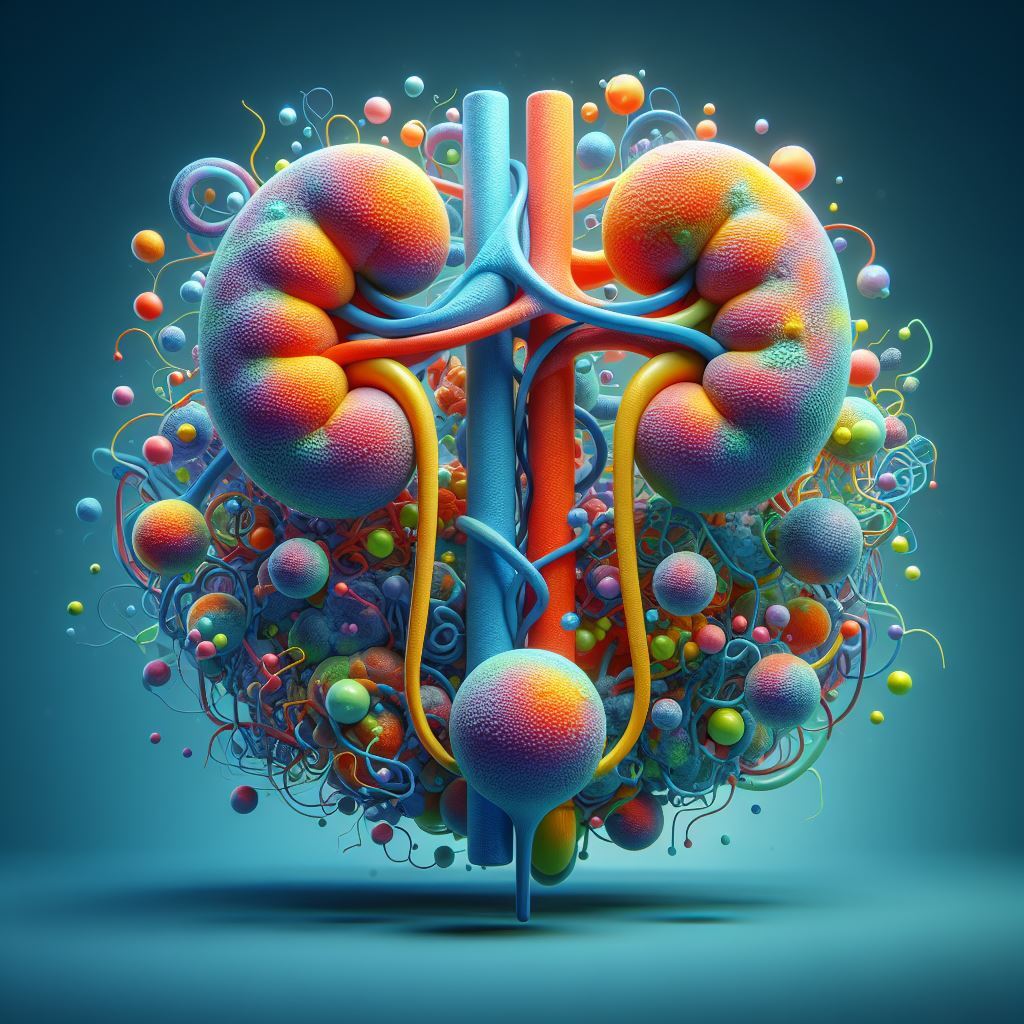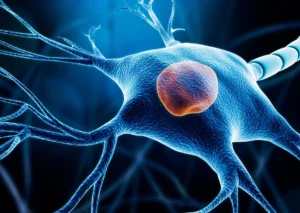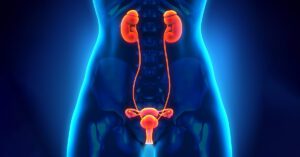Introduction
The human body is a complex machine, and each part contributes significantly to our overall health. Urology is a medical specialty that focuses on a specific yet intricate system – the urinary tract and, in males, the reproductive system. But what is urology? This in-depth exploration delves into this field of medicine, dissecting the organs it covers, the vast array of conditions it treats, and the specialists who provide care.
The Urinary Tract: The Core Focus of Urology
The urinary tract functions as the body’s internal plumbing system, meticulously filtering waste products and excess fluid from the blood. This system comprises several key organs, each playing a vital role:
- Kidneys: These bean-shaped marvels act as the body’s natural filtration factory. They remove waste products and create urine, a liquid byproduct containing excess water, salts, and other waste materials.
- Ureters: Imagine these as narrow tubes. They carry urine produced by the kidneys down to the bladder for storage.
- Bladder: This muscular sac serves as a temporary storage unit for urine. When it’s time to eliminate waste, the bladder muscles contract, expelling urine through the urethra.
- Urethra: This tube acts as the final pathway for urine to exit the body.
What is Urology? Unveiling the Spectrum of Conditions and Treatments
Urologists are medical doctors who have undergone extensive training to specialize in diagnosing and treating a wide range of conditions affecting the urinary tract and the male reproductive system. These conditions can range from common issues like urinary tract infections (UTIs) to complex diseases like urologic cancers. Here’s a closer look at some of the areas urology addresses:
- Urinary Tract Infections (UTIs): UTIs are the most prevalent urologic condition, particularly affecting women. They occur when bacteria enter the urinary tract and multiply, causing inflammation and irritation. Urologists diagnose UTIs through urine tests and prescribe antibiotics or other medications to eliminate the bacteria.
- Urinary Incontinence: Losing bladder control, a condition that can significantly impact quality of life, is another common concern managed by urologists. There are various types of incontinence, and urologists offer a range of treatment options, including behavioral modifications like bladder training, medications to strengthen the bladder muscles, and surgical procedures to improve bladder control.
- Kidney Stones: These hard deposits, formed from concentrated minerals and salts in the urinary tract, can cause excruciating pain when they pass through the ureters. Urologists can employ medications to help break down smaller stones, minimally invasive procedures to fragment larger stones using shockwaves, or surgery to remove problematic stones.
- Prostate Problems: The prostate gland, located below the bladder in males, plays a crucial role in the reproductive system. However, it’s susceptible to enlargement (benign prostatic hyperplasia or BPH) and cancer. Urologists diagnose these conditions through blood tests, digital rectal exams, and biopsies. Treatment options for BPH include medications and minimally invasive procedures to open up the blocked urinary passage. Prostate cancer treatment may involve surgery, radiation therapy, or hormone therapy, depending on the severity and stage of the cancer.
- Male Infertility: Urologists play a crucial role in diagnosing and treating male infertility. They can assess sperm production and motility to identify potential causes of infertility, which may be related to hormonal imbalances, varicoceles (enlarged veins in the scrotum), or blockages in the male reproductive system. Treatment options may include medications, surgery to correct blockages, or assisted reproductive technologies like sperm retrieval procedures.
- Urologic Cancers: Cancers of the bladder, kidneys, prostate, and testes fall under the purview of urology. Urologists diagnose these cancers through biopsies, imaging tests like ultrasounds or CT scans, and cystoscopy (a procedure to examine the inside of the bladder using a thin, lighted tube). Treatment options for urologic cancers vary depending on the type and stage of cancer and may involve surgery, radiation therapy, chemotherapy, or immunotherapy.
- Erectile Dysfunction (ED): ED, the inability to achieve or maintain an erection, can be caused by various factors, including vascular problems, hormonal imbalances, nerve damage, and psychological issues. Urologists can help diagnose the underlying cause of ED through blood tests, hormonal evaluations, and other tests. Treatment options may include medications, vacuum devices, implants, or surgery, depending on the cause of ED.
Beyond the Basics: Subspecialties within Urology
The field of urology has further subspecialized areas to provide even more focused and advanced care. Here are some prominent subspecialties:
- Pediatric Urology: This subspecialty deals with urologic conditions specific to children, from birth defects like urinary tract malformations to recurrent UTIs and bedwetting (nocturnal enuresis).
- Urologic Oncology: As the name suggests, this subspecialty focuses on the diagnosis, treatment, and management of urologic cancers. Urologic oncologists have in-depth knowledge and expertise in treating various urologic cancers, including bladder cancer, kidney cancer, prostate cancer, and testicular cancer. They work closely with other specialists like oncologists and radiation therapists to develop comprehensive treatment plans for patients.
- Andrology: This subspecialty deals exclusively with male reproductive health issues, encompassing conditions like infertility, low testosterone levels, and sexual dysfunction. Andrologists diagnose and treat these conditions through hormonal evaluations, semen analysis, and other specialized tests. They offer various treatment options, including medications, hormone replacement therapy, and surgical procedures to improve male reproductive health.
- Female Urology: This subspecialty focuses on conditions specific to the female urinary tract, including pelvic floor disorders (urinary incontinence, pelvic organ prolapse), interstitial cystitis (painful bladder syndrome), and recurrent UTIs. Female urologists have expertise in diagnosing and treating these conditions through specialized tests and procedures like urodynamic testing (evaluation of bladder function) and cystoscopy. They offer various treatment options, including pelvic floor muscle therapy, medications, and minimally invasive surgical procedures to address these conditions.
- Neurourology: This subspecialty focuses on the intricate relationship between the nervous system and the urinary tract. Neurourologists delve into how neurological conditions can affect bladder function and urination. They diagnose and treat conditions like neurogenic bladder (impaired bladder function due to nerve damage), urinary retention (inability to empty the bladder completely), and overactive bladder syndrome. Treatment options may include medications, neuromodulation therapy (electrical stimulation of nerves to improve bladder function), and surgery in some cases.
The Path to Becoming a Urologist
Becoming a urologist requires dedication, extensive training, and a passion for improving patients’ urinary and reproductive health. Here’s a glimpse into the journey:
- Medical School: The foundation for a career in urology begins with four years of medical school. During this time, aspiring urologists gain a solid understanding of human anatomy, physiology, pharmacology, and various medical disciplines.
- Urology Residency: After graduating from medical school, aspiring urologists embark on a four-to-five-year urology residency program. This rigorous training involves rotations in various urologic subspecialties, providing residents with hands-on experience in diagnosing and treating a wide range of urologic conditions. Residents also participate in surgeries, perform procedures, and learn critical skills like cystoscopy and ureteroscopy.
- Fellowship Training (Optional): Following residency, some urologists may pursue further specialization by completing a fellowship program in a specific subspecialty area like urologic oncology, andrology, or female urology. This fellowship training provides them with advanced knowledge and expertise in their chosen area of focus.
Urology: A Cornerstone of Overall Well-being
Urology plays a vital role in maintaining good health and well-being. By understanding what urology is and the vast array of conditions it treats, you can be empowered to take charge of your urinary and reproductive health. If you experience any concerning symptoms, such as blood in your urine, difficulty or pain during urination, frequent urination, pelvic pain, unusual lumps in the genitals, or decreased sexual function, don’t hesitate to schedule an appointment with a urologist. Early diagnosis and proper treatment can significantly improve your quality of life.
In Conclusion
Urology is a comprehensive medical specialty that safeguards the health of the urinary tract and, in males, the reproductive system. Urologists are highly skilled medical professionals equipped with the knowledge and expertise to diagnose and treat a wide range of conditions. By understanding what urology is and the services it offers, you can navigate your urinary and reproductive health with greater confidence and seek appropriate care when needed.



